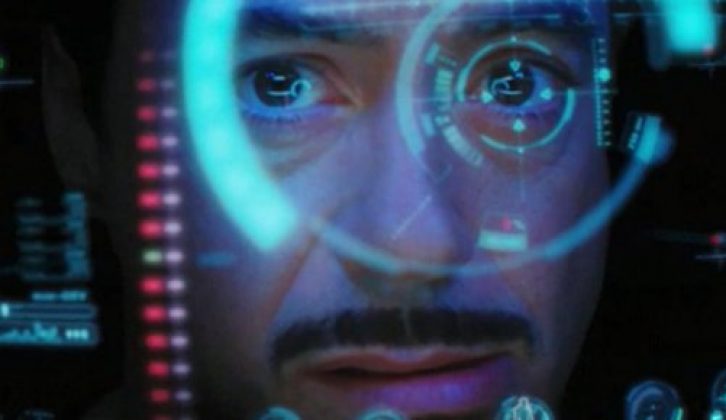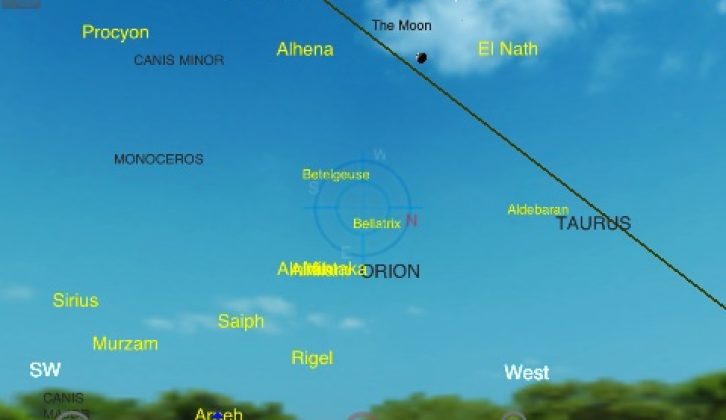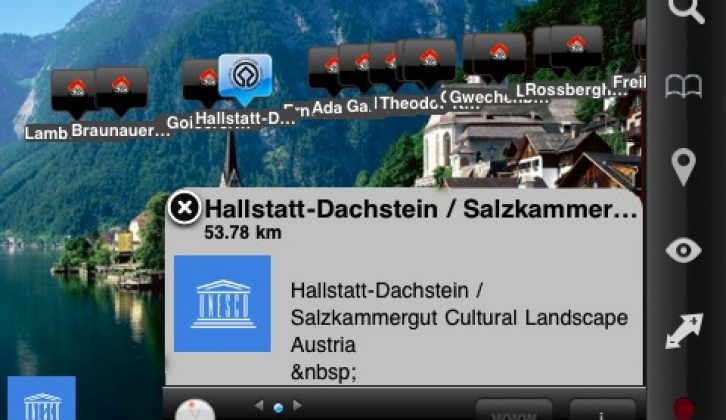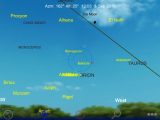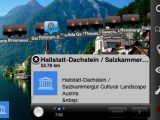[tl:gallery size=480×253]
Computerised heads-up displays that tell someone (usually a murderous robot) more about what they’re looking at are a staple of science fiction films, but the technology already exists and is in widespread use.
Some cars project useful information onto the inside of the windscreen so that the drive doesn’t have to look away from the road to check their speed, for example, and fighter pilot helmets incorporate similar technology to prevent information overload from the bewildering array of instruments inside a typical fighter jet cockpit.
The technology is also finding its way onto smartphones, where the combination of high-quality digital cameras and always-on internet access means that all manner of information can be presented in innovative ways.
Here it’s called “augmented reality” and Google uses it for the Maps Navigation app on Android smartphones, where a live from the digital camera is overlaid with route information.
iPhone and iPad owners can also experience augmented reality with apps that range from finding the nearest London Underground station to displaying information from Wikipedia about what’s nearby, and sustainable living blog Treehugger has a round-up of 15 particularly good ones.
The reason we’re writing about is that a couple of the apps are ideal for iPhone-toting caravan owners. Our favourite is Pocket Universe — a £1.79 astronomy app that supplies the usual fascinating information about the sky at night.
[tl:gallery size=480×320]
The best bit though, is that is you point your phone at the heavens, the app shows a virtual representation of what you can see and will track your movement accordingly. So, when your sitting outside the van on a clear night, well away from any light pollution, you can get a detailed description of what stars you can see just by holding your iPhone in the same direction.
[tl:gallery size=480×320]
Wikitude (free) is ideal for finding interesting things to do when you’re pitched up in a new place. As long as you have an internet connection, it pulls information off Wikipedia, YouTube, Twitter, Google Local search and other local data providers to display nearby points of interest, landmarks, restaurants, events and just about anything else.
The rest of Treehugger’s list is worth a read too and you’re bound to find a few other augmented reality apps of interest. Let us know in the comments if there’s one you recommend.
